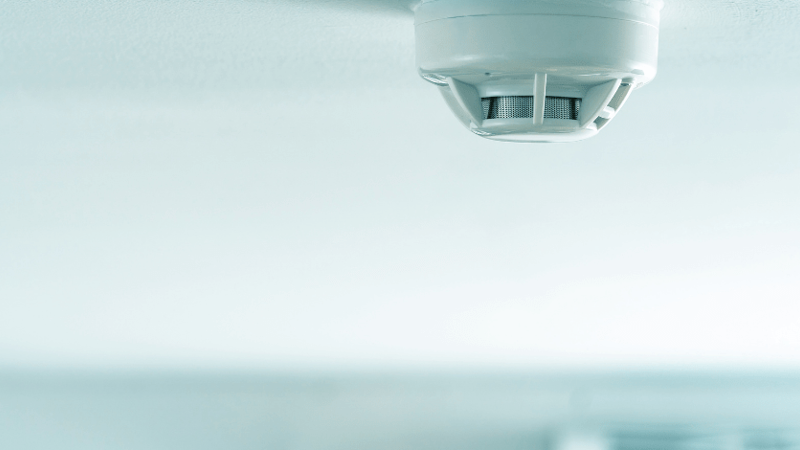Changes in Law Domestic Smoke Alarms

At James Gibb, we continue to monitor any amendments or changes in property law which may affect our customers. Following the tragic fire at Grenfell Tower in London, a Ministerial Working Group on Building and Fire Safety was established to review Scotland’s building and fire safety regulatory frameworks. This legislation will ensure that everyone in Scotland has the same level of protection whether they own or rent their home.
We can confirm that the Scottish Government has issued new legislation in regard to changes regarding smoke alarms in domestic properties. This was originally to be in place by February 2021 but as a result of logistical issues resulting from COVID-19, this has been delayed until February 2022. The information relating to the common parts/areas of blocks and stairwells, which we would manage on behalf of the homeowners is as follows: In a shared property such as a tenement or block of flats, there is no requirement for different properties to be linked to each other. There is no requirement for alarms to be fitted in communal areas such as entry halls and stairways. Any change to smoke detectors in common areas requires full consultation with owners, as per the Property Factors Act 2011. This is additional work and outwith the core service charges but one with which we can assist homeowners. In regard to your own home, there is legislation in place and owners will have to adhere to the information provided by the Scottish Government. We have provided some of the information for you here.
All homes will be covered by the new standard, as it is important that all homes should be safe for occupants regardless of tenure. It will be the property owner’s responsibility to meet the new standard, however, the legal duty to enforce the standard rests with local authorities. Where owners are unable to meet the standard, it is not a criminal offence. The standard requires; one smoke alarm installed in the room most frequently used for general daytime living purposes; one smoke alarm in every circulation space on each storey, such as hallways and landings; one heat alarm installed in every kitchen; all alarms should be ceiling mounted and interlinked. Where there is a carbon-fuelled appliance (such as boilers, fires (including open fires) and heaters) or a flue, a carbon monoxide detector is also required which does not need to be linked to the fire alarms. The requirement is to have all smoke and heat alarms interlinked. You may not hear the alarm closest to the fire but, by having an interlinked system, you will be alerted immediately.
Any costs will be the responsibility of homeowners and landlords, not factors. We estimate that the cost for an average three-bedroom house which requires three smoke alarms, one heat alarm and one carbon monoxide detector will be around £220. This is based on using the type of alarms that you can install by yourself without the need for an electrician for installing a hardwired alarm.
We have been working with one of our preferred suppliers and we can pass their information direct to you (contact us via enquiries@jamesgibb.co.uk or call 0333 240 8325). This will assist in avoiding any unscrupulous tradesman who may take advantage of this new regulation. We will also provide further information regarding the supplier via our normal communication channels. Separate information will follow for those involved in our retirement developments.


